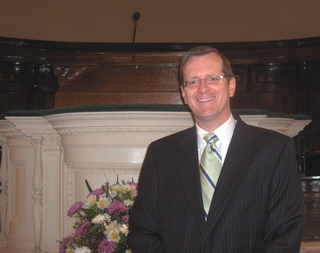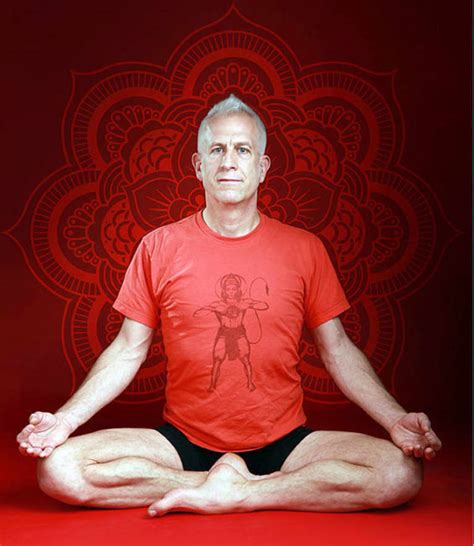A Quote by Henry Ward Beecher
The sphere that is deepest, most unexplored, and most unfathomable, the wonder and glory of God's thought and hand, is our own soul!
Quote Topics
Related Quotes
In a very real sense not one of us is qualified, but it seems that God continually chooses the most unqualified to do his work, to bear his glory. If we are qualified, we tend to think that we have done the job ourselves. If we are forced to accept our evident lack of qualification, then there's no danger that we will confuse God's work with our own, or God's glory with our own.
It is when we create things for God's sake that our work most clearly promotes His glory, rather than threatening to compete with it. Thus the true purpose of art is the same as the true purpose of anything: it is not for ourselves or for our own self-expression, but for the service of others and the glory of God.
Isaiah 55 provides an entirely different framework for thinking about God's justice, because it suggests that we have it backward - the mystery lies not in God's unfathomable wrath but in his unfathomable mercy. God's ways are higher than our ways because his capacity to love is infinitely greater than our own. Despite all that we do to alienate ourselves from God, all that we do to insult and disobey, God abundantly pardons again and again.
A Light of utmost splendor glows on the eyes of my soul. Therein have I seen the inexpressible ordering of all things, and recognized God's unspeakable glory -- that incomprehensible wonder -- the tender caress between God and the soul...the unmingled joy of union, the living love of eternity as it now is and evermore shall be.
I think the Bhagavad Gita is about both the forces of light and the forces of darkness that exist within our own self, within our own soul; that our deepest nature is one of ambiguity. We have evolutionary forces there - forces of creativity, and love, and compassion, and understanding. But we also have darkness inside us - the diabolical forces of separation, fear and delusion. And in most of our lives, there is a battle going on within ourselves.
Man has traditionally ruled the social sphere; feminism tells him to move over and share his power. But woman rules the sexual and emotional sphere, and there she has no rival. Victim ideology, a caricature of social history, blocks women from recognition of their dominance in the deepest, most important realm. ?
Our movement was a great success; I think the most successful military movement of my life. But I expect to receive more credit for it than I deserve. Most men will think I planned it all from the first; but it was not so. I simply took advantage of circumstances as they were presented to me in the providence of God. I feel that His hand led me - let us give Him the glory.
What art Thou then, my God? what, but the Lord God? For who is Lord but the Lord? or who is God save our God? Most highest, most good, most potent, most omnipotent; most merciful, yet most just; most hidden, yet most present; most beautiful, yet most strong; stable, yet incomprehensible; unchangeable, yet all-changing; never new, never old; all-renewing, and bringing age upon the proud, and they know it not; ever working, ever at rest; still gathering, yet nothing lacking; supporting, filling, and overspreading; creating, nourishing, and maturing; seeking, yet having all things.
We don't save our soul and leave our emotions and our feelings and our body and all the rest of it out. That's just a way of talking that emphasizes the soul is so fundamental that we can, in some cases, treat it as the whole person because it actually is the thing that integrates all of these aspects of the self and makes them work together. Now, I don't think we can find a passage in the Bible that says that. We have to read and study how it addresses the soul, and we then see that it is the deepest, most vital part of the human self.




































